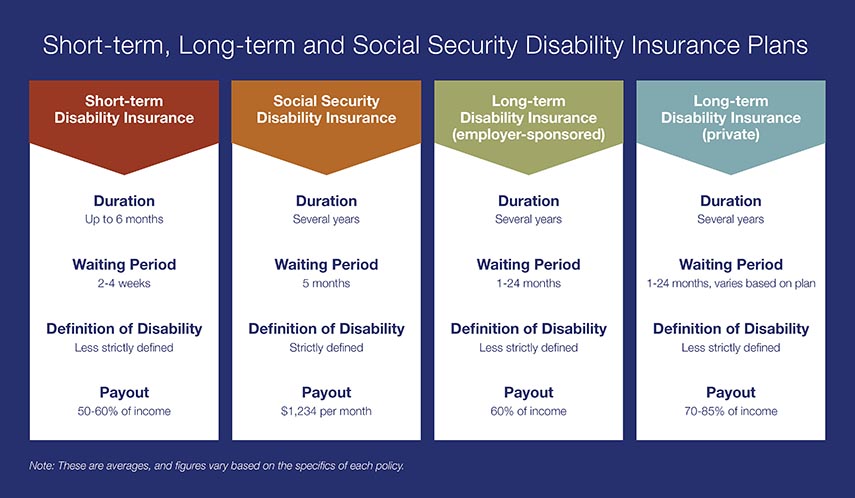Now that your kids are out of the house, here are five excellent tips for making the most of your empty nest.
After decades of noise, activities, busy schedules, broken curfews, tense driving lessons and a whole lot of fun, the kids have all moved out. For many parents, the change can be jolting. Suddenly you have a lot more time on your hands and a lot more space in your home. As you adjust to this transition, you may find the family home could use some updates to fit your new situation. This could mean cleaning out the clutter, repurposing rooms, renovating or even investing in a new home. Here are some ideas for changes around the home that could work for you.
1. Clear the clutter and breathe a little easier
Research supports what thousands know firsthand: decluttering your home can have a calming effect. Opening up the physical space in your home can help support your mental well-being. With the kids out of the house, this could be the right time to let go of unused furniture, books, toys and other items accumulated over the years.
2. Get help with what stays and what goes
We all get attached to things, and it’s easy to hold onto things we never use and don’t really need. To get some help, you may want to hire a professional organizer who can guide you in sorting through your belongings. As reported in The Washington Post, a professional can systematically work through your belongings offering a more objective perspective on how to downsize1.
3. Remodel, repurpose and reinvent
Once you’ve decluttered your home, you’ll probably find that you have a lot of extra space and some new ideas for your empty nest. You can transform an unused bedroom into a game room, a craft room or a home office. Or you may want to go bigger and take out a home equity loan for a major renovation, like adding a guest suite with a bathroom.
4. Get out, live large and rent out your home
If you plan to travel or live part of the year in another location, but don’t want to sell or leave your home empty, consider renting it. To make the process as easy as possible, you can hire a property management company so you don’t have to deal with all the administrative aspects of renting out a home.
5. Sell your home
Many empty nesters downsize, buying a smaller or less expensive home. The potential for lower mortgage payments, reduced utility costs and fewer maintenance expenses could all result in significant savings.
There’s a lot of opportunities that come with an empty nest. Visit usbank.com for more information about options for your financing needs.










